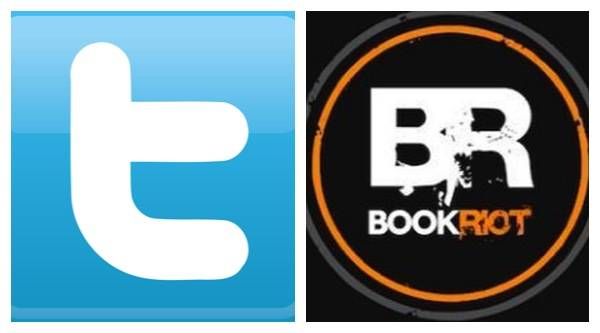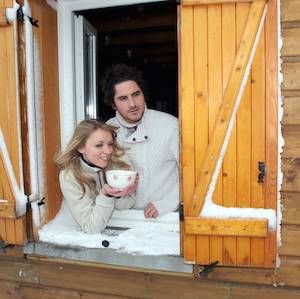
Tropes to Read By and Tropes to Drive By in Romance
When I was in college lit classes, the word “trope” meant a figure of speech. As a grad student in philosophy, I learned a different meaning of “trope”: an abstract particular, an ontologically simple building block.
Unshockingly, I never used the word “trope” much until I started talking about pop culture with people on the interwebz. Tropes in fiction, film, or TV are just any recognizable pattern in storytelling. Any feature that can be repeated — a plot, a framing device, a narrative structure, a character-type — can be a trope. Actually, it’s even more broad than that: a trope can relate to the creation of the story, the marketing of the story, or tropes themselves (as in metatropes).
In some circles the word “trope” is used disparagingly, but, except for a few (such as tropes that fetishize a marginalized group), I don’t think tropes themselves are good or bad. Some readers use the word cliché to refer to an overused trope, but I don’t really care how many times something’s been done if it’s done well. Sometimes I don’t even care if it’s done well. The Twitter account @TropeHeroine sends up overused and silly romance conventions, but I confess to rolling my eyes while at the same time thinking fondly of books that feature those very same things.
Depending on how you define trope, some genres have “must have” tropes. If a happy ending or a puzzle solved is a trope, then those are must haves for romance and mystery. Conversely, there are some tropes that probably won’t work well for some genres, like an unvarnished happy ending or sexy werewolves in lit fic. Of course, genres grow and change, often for the better, when writers break those rules.
Is everything potentially a trope? I’ve seen robes, booze in a drawer, and psychology (yes, just “psychology”) referred to as tropes by readers of spec fic, thriller, and mystery respectively. All head-scratchers to me, because I’m unfamiliar with those genres, but I bet fans know exactly what they signify when they show up. And that’s one of the things that’s so interesting about tropes: they aren’t just in a book. They can’t exist unless they are recognized and taken up by readers, and readers can only do that by referring to other books.
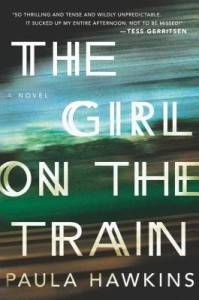
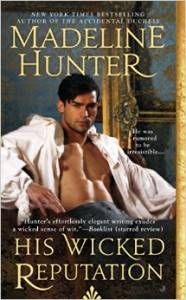
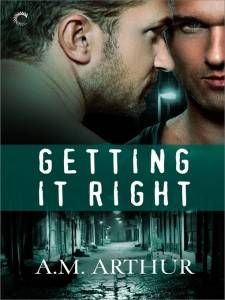
There are also those tropes I dislike and have to be convinced to try. Like guardian/ward, teacher/student, secret baby, “it’s only a fling,” and mistaken identity. Each of them has an element I find problematic, like the power differential in the first two (plus I’m a teacher, so double yuck to that one), or the lies in the third. I pass over the “it’s only a fling” because there’s rarely a plausible reason that two normal adults don’t welcome the addition of deep love to fab sex. And mistaken identity plots just stress me out.
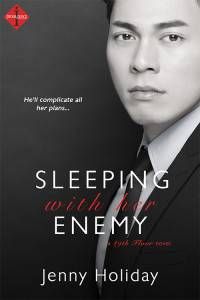
Having shared all of that, I confess that in the hands of the right author, pretty much any trope can work for me. Infidelity and time travel are both usually nopes, but I love Diana Gabaldon’s Outlander. The long-held grudge is another, but I love Judith McNaught’s Paradise. And while the fated mate trope can take all the fun out of a developing romance, Kresley Cole could write a tortured tale of fated mollusks and I would probably enjoy it, slime and all.
____________________
Follow us on Twitter for more bookish goodness!



